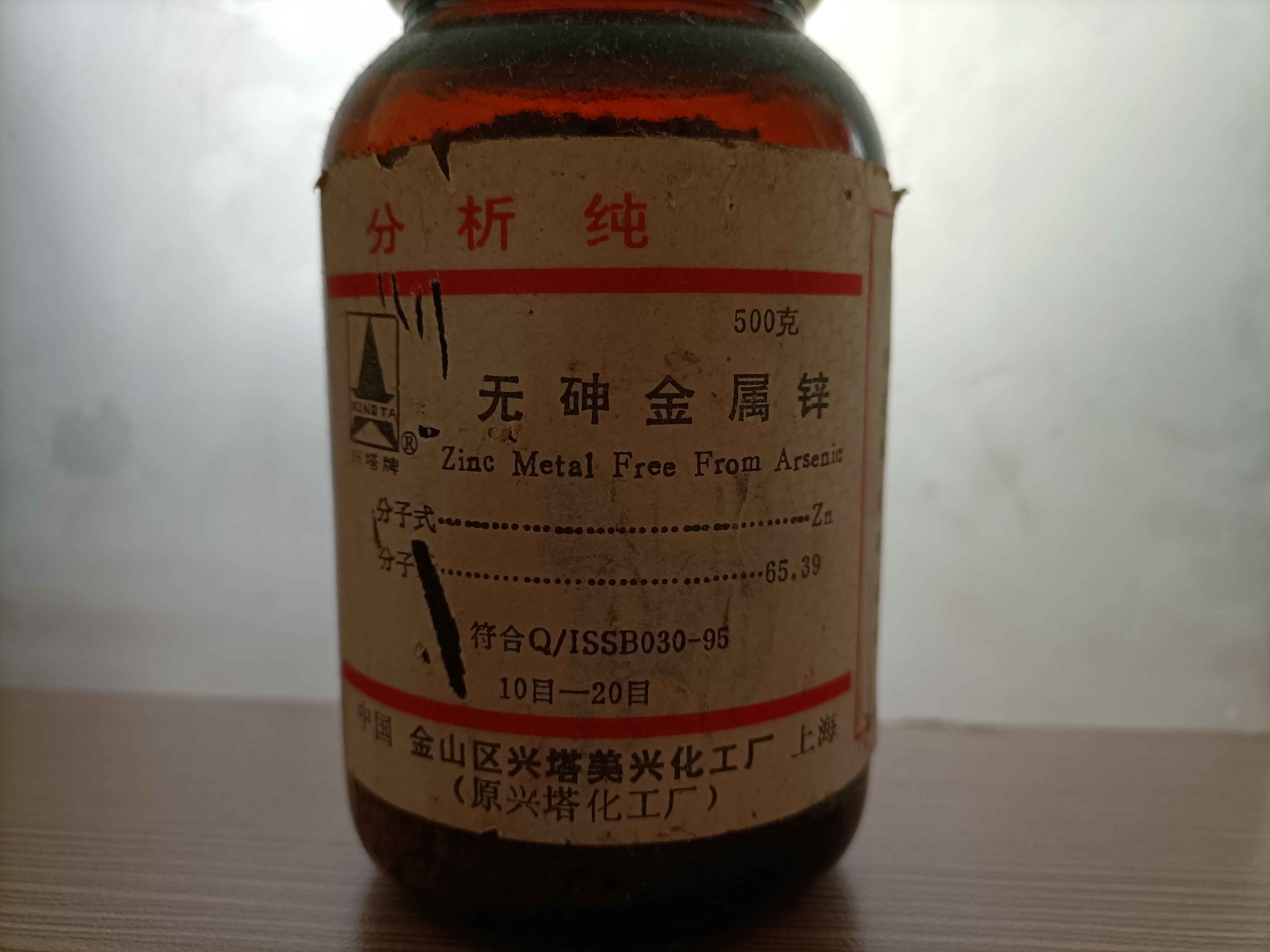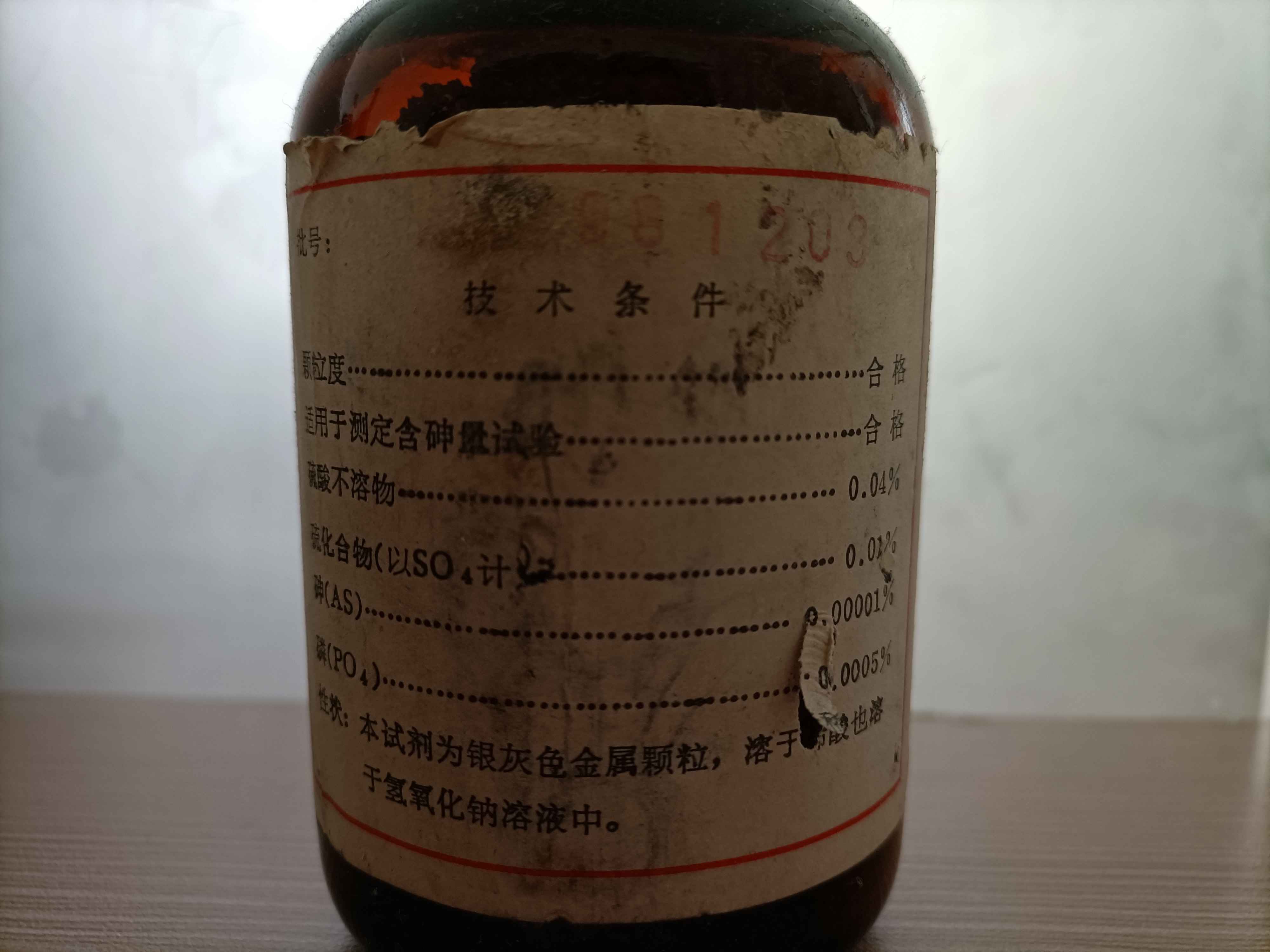Arsenic-free metallic zinc
Overview Zinc is a trace element, and its importance to human health, growth and development has been fully confirmed in recent years. In 1961, human zinc deficiency was first discovered in young men in Iran, and was later confirmed in Egypt. Subsequent studies on the metabolism and clinical application of zinc in the body identified zinc's extensive and important physiological functions. Zinc is a component or activator of many metal enzymes in the body. Chemicalbook has no less than 20 enzymes related to metabolism, such as carbonic anhydrase, alkaline phosphatase, etc. At the molecular level, zinc is an essential component in regulating DNA replication and nucleic acid synthetases. Zinc is required for any growth process, therefore, the zinc needs of children are more important than those of adults. The demand for zinc will inevitably increase during embryonic development and the recovery period of the body from trauma (such as trauma and burns). Arsenic-free zinc is zinc particles that do not contain arsenic.




